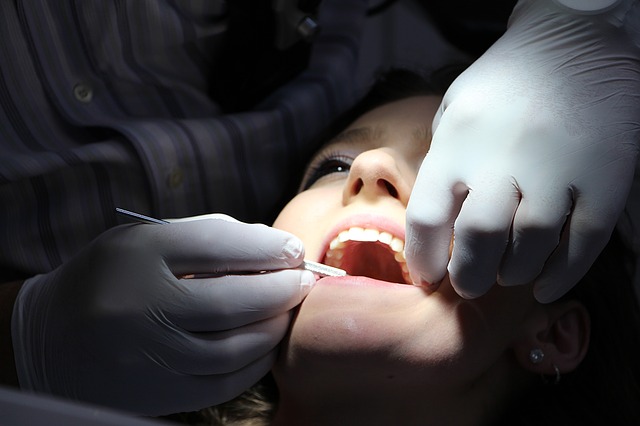The most common dental problems and how to cure them
Some dental or oral problems are so annoying and consistent that at any cost you want to get rid of them, as sometimes it lowers our confidence while communicating with others. But these can be prevented by simply brushing twice a day, eating properly, flossing thrice in a week and regular dental checkups. If you have your own family dentist then it is fine but if you are looking for new expert Winnipeg dentists, you can check the link given, and can choose a perfect dentist for you in Winnipeg, who has an exceptional dentistry experience and provides excellent and professional care for your whole family with zero pain.
Oral Problems:
1. Bad Breath
Bad breath is one of the most common oral or dental problems. According to dental surveys, 85 percent of people have perpetual bad breath problems due to other dental diseases.
Causes: Gum disease, oral cancer, tooth decay (cavities), dry mouth or bacteria on the tongue.
Cure: Using a good mouthwash (bit it will cover up the bad breath, not cure it), visit a good dentist for better prescriptions.
2. Cavities
Cavities or tooth decay is the second only to common cost as the most prevalent disease in Canada. Anyone can get tooth decay at any age; it is not just for children only. As you age, you can get cavities as your teeth enamel erodes.
Causes: Plaque formation, Dry Mouth, Bacteria and Acid, Poor Oral Hygiene, Eating and Drinking
Cure: Brushing twice a day, Flossing daily, use healthy toothpaste and toothbrush
3. Tooth Sensitivity
Tooth sensitivity means pain or discomfort causes to your teeth from eating sweets, hot drinks, cold air, and cold drinks. But with proper treatment, it can be cured.
Causes: Cracked teeth, Gingivitis, Gum recession, Plaque buildup, Acidic foods
Cure: Desensitizing toothpaste, Use a soft-bristled toothbrush, Avoid highly acidic foods, Use a fluoridated mouthwash
4. Gum Diseases
Periodontal disease is also known as gum disease is an infection of the gums surrounding the tooth. It is one of the main causes of teeth loss among adults. It is also proven by some studies that there may be a connection between heart disease and periodontal disease.
Causes: Gingivitis, other risking factors like smoking, diabetes, medications and genetic susceptibility.
Cure: Brushing twice a day, flossing daily, Deep cleaning (Scaling and root planning), Medication and proper advice from your dentist.
5. Mouth Sores
Mouth sores can be bothersome and pesky. There are several types of it. It is one of the common oral problems which goes away within two weeks but if it lasts more than 2 weeks then it is a serious problem. They are often painful and disturb our everyday activities such as brushing or eating food.
Causes: Poorly fitting dentures, a sharp or broken tooth, and Tobacco products, burning mouth with hot food or beverages.
Cure: Gargling with salt water, Using Mouthwash, Avoid tobacco and alcohol consumption, excluding hot, spicy and fruits with citrus fruits from the diet.


Mouth Odor can be embarrassing and also it can affects one self esteem negatively.
Causes:
mouth odor can be caused by smoking, tooth decay, gum disease, poor dental hygiene, lung disease etc.
Cure or Remedy:
Wash your mouth at least two times everyday. In the morning ‘before meal’, at night ‘after meal’.
Flossing lowers the build up of food particles and plagues from between the teeth and ensure the removal of food that can build up and slowly breakup and slowly break down producing odor.
Change tooth brush every two or three months.
Avoid dry mouth- Drink Plenty of water.
Avoid smoking-it dehydrates the mouth.
Watch your diets- Avoid onions, garlic and spicy food. also avoid sugary foods. lower your coffee and alcohol intake. Foods like bread can help clean the back of the tongue.
Note: If the mouth odor persist after doing the above instructions, it is advisable to you visit a doctor.